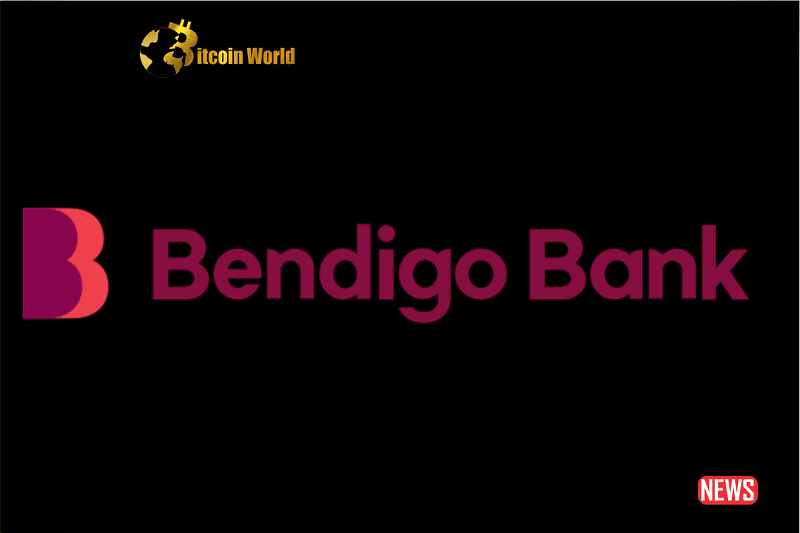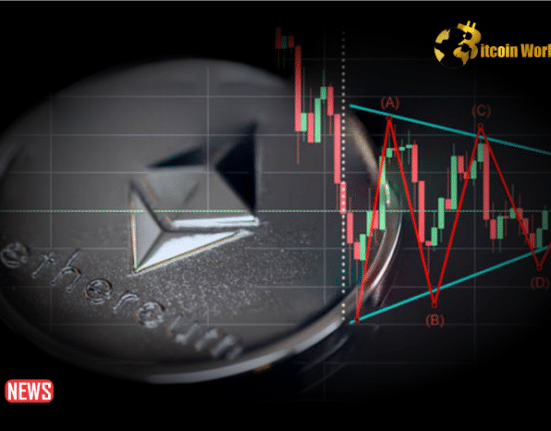To protect its 2.3 million customers from investment scams, Bendigo Bank, one of Australia’s leading financial institutions, has taken a significant step in blocking “high-risk crypto payments.” The move comes after similar actions were taken by three other central banks in the country – Commonwealth Bank, National Australia Bank (NAB), and Westpac.
According to the bank’s head of fraud, Jason Gordon, Bendigo Bank implemented new rules on instant payments to crypto exchanges, introducing “some friction to certain genuine payments.” By doing so, they aim to combat fraudulent transactions and enhance protections for their vast customer base. The decision to block certain instant crypto transactions deemed higher risk has been attributed to the need to safeguard customers’ interests.
While Bendigo Bank confirmed its stance on blocking high-risk transactions, it remained tight-lipped about the specific criteria for identifying such transactions. A spokesperson for the bank mentioned that they employed “a combination of factors” to detect these transactions but chose not to reveal further details. Additionally, the bank refrained from disclosing which crypto exchanges may be affected by these new measures.
Chainalysis’ APAC Policy Head, Chengyi Ong, expressed concerns about the potential consequences of these actions, stating that it could push Australia’s crypto users to interact with offshore exchanges. Ong pointed out that while blocking certain exchanges might not entirely stop criminal actors, it could increase uncertainties around banking access, potentially driving conversations and users to seek refuge outside authorities’ jurisdiction.
Ong proposed a collaborative approach to tackle the issue of scams, involving not only banks but also regulators, telecommunication providers, and social media platforms. By targeting all potential touchpoints of scams, a more comprehensive and effective strategy can be employed to protect consumers.
Dr. Aaron Lane, Senior Lecturer at RMIT Blockchain Innovation Hub, emphasized the importance of banks working constructively with crypto exchanges to enhance consumer protection. He argued that debanking should be used sparingly and reserved for individual cases of severe risk rather than adopting a blanket approach toward an entire industry or asset class.
Australia has been contemplating specific regulations for the crypto sector for more than three years. Dr. Lane urged lawmakers to prioritize crypto law reform, urging them to take it “out of the too-hard basket.” His sentiments echo those expressed in an official statement from the Department of the Treasury in June, which warned against the potential consequences of inaction on debunking. They cautioned that stifling financial services competition and innovation could drive businesses underground and push them towards exclusively operating in cash.
Bendigo Bank’s recent decision to block high-risk crypto payments aligns with the actions of other central banks in Australia. As the country continues to navigate the complexities of crypto regulation, experts emphasize the importance of cooperation among various stakeholders to combat scams and protect consumers from potential risks effectively.















